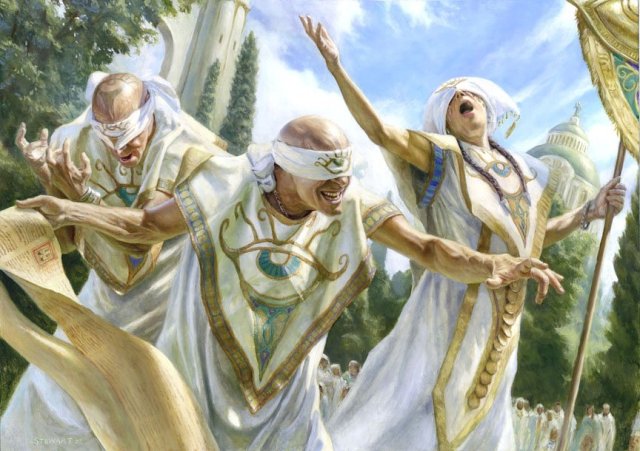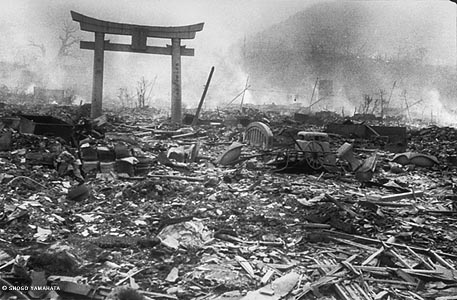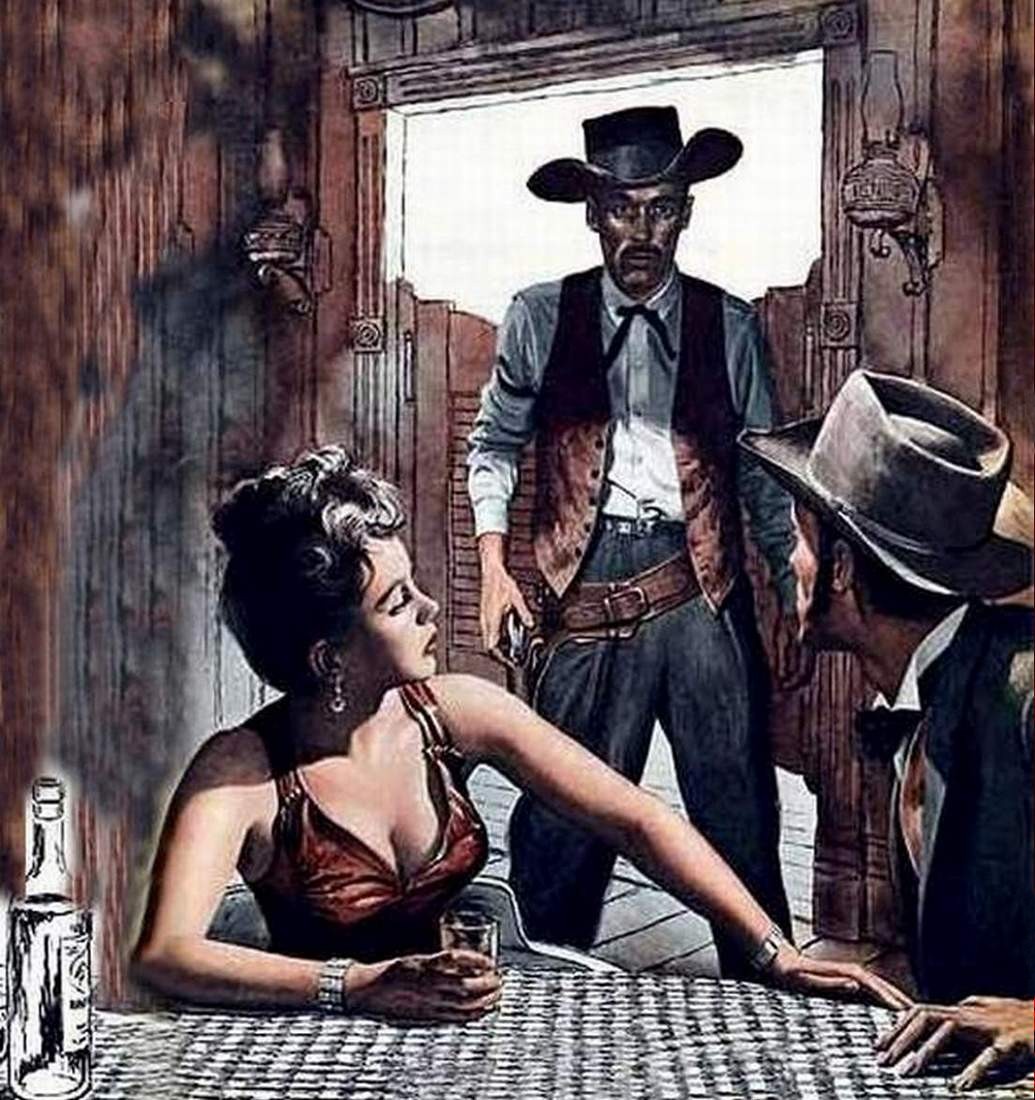The Woman at the Piano by M.J. Cleghorn
The Woman at the Piano
By m.j. cleghorn
The 1934 Black Ebony Steinway stood alone and upright against the whitewashed wall. The woman at the piano was dead. The last few moments of her 94 and a half years were spent seated on hard wooden bench, slumped over in a pink flowered housedress, her snarled fingers cold against the yellowed ivoried keys. Stroke.
“I feel like I’ve been stabbed in the head with an ice pick!”
Need something for this headache… aspirin.
“Oh heavens! This is confusing,” she could hear herself saying.
“What am I doing at the piano?”
The funny thing was, she could hardly remember the last time she sat down at the piano. It must have been a lifetime ago. Now it was it was over. And that it was over, came as― came as, a kind of a relief.
“Guess I won’t be opening up that can of tomato soup for lunch, after all. Good.”
The tomato soup can had dropped from her left hand and rolled under the piano.
“I never really liked tomato soup. It was 10 for a dollar at Big Kay’s Food Boy’s last fall so I bought a case.”
Huh, who would have thought? Oh! I mustn’t let my mind wander, who knows where that could lead to. No. I need to keep my wits…I’m talking to myself, as my grandmother used to say “There is no harm in talking to yourself, as long as you don’t answer.”
She sat at the piano, her face felt frozen and she could not move her hands. Or arms. Or legs. She could not scream. She could think. She wrestled with her thoughts. Her thoughts, they seemed to have minds of their own. Strange minds. I can make some words stand in straight sentences…She looked down at her hands. It was hard to breathe. Her hands. They were snarled into two small balls on her lap. Two stumps, where long delicate fingers once grew, lovely like weeping willows, a graceful wind, as they swept across a sea of ivoried keys, filling the air with the sounds of Mozart and Mendelsohn.
Now, she couldn’t even lift one arm, as if they were pinned down by invisible weights. Frozen. I am frozen to this bench. My breath is like hoarfrost. I think in thin frosts like icicles. Is it still winter? Or is it summer? I can’t wipe my nose. I can make some words stand in straight sentences. Try. Harder. She thought maybe she could just reach the phone. Nope. My tongue. I can’t feel my tongue. What’s this? Sight gone from her left eye, the good eye. The eye that wore glasses. I like to walk and ride my yellow bike‒ Answer the phone. Hello? Hello? ‒ to main street, even in winter. I don’t care if people think I don’t have a car…I never wanted to drive!
“Want can tell call numbers up.”
I’m talking gibberish! Daughter-in-law has the car keys and that dog. Oh, I hope they find somewhere else to come for Thanksgiving and Christmas and Halloween. The nerve of the turkey! I hate chicken eggs! Sam why do we have to have chickens. You just chop the heads off! Please stop! My head hurts‒ make it stop. Help. Please.
The woman at the piano told herself: I. Must. Relax. I am Mary queen of scots! Her head gave the odd sensation of being disconnected from her body. Tired. I am tired. This…must…stop… Now I lay me‒ she saw her mother‒ down… Mother was dead. Died when she was born. In a barn fire. The fire. She was left to die in an old barrel stove, in the fire, but she lived. The neighbors named her lucky Baby. She hated that name. So they called her KiKi. She hated that even more.
Her People. She never understood them. They never understood her. A mutual understanding. They thought she was one of them. She fooled them. Ha! She had a secret. Something they could never understand. A gift. A gift from the fire. She could play the piano. By ear. Anything. Everything. From Tin Pan Alley to Chopin and Gershwin in between.
What is happening to me? Was it something I ate? I must be dreaming. Yes, I just tell myself to wake up. No it’s not a dream. I feel Tuesday. My head. Oh! Dear God what is happening to me? The terror tingled on her lips. The words would not come in order. They surrounded her like dust…then just floated away. There was a blankness to her distress. A whiteout. It disconnected her from the pain. She was numb. The confusion washed over her in waves. Tsunami waves. Full of seaweed and sharks. And elephants.
Time. It was the end of time. Her body was riding a pink horse with gold teeth and a silver saddle on a giant merry-go-round. It stopped, without slowing down. Everything in slow motion. Then silence. It was like viewing the world thru a cheap pair of 3-D glasses.
Memory the great betrayer. Where was her husband? Dead. Her son. Dead. Daughter. Dead. Dead. Dead. Dead. I wonder why no one ever talks about what it’s like to die. How bad could it be? Now she could not turn her head. Not bad? She wished she could laugh, but she couldn’t even close her eyes. Her head felt like it exploded. The first wave of panic had passed. She experienced a few moments of clarity.
“So this is what it is like to die,” she tried whispering to herself.
It should not have happened this way. Over the years, she had carefully tended a few plants of hemlock and nightshade in the greenhouse‒ hidden by her prize winning roses. The purple and pink flowers were lovely really. Make a fine tea. It was planned. Now this. Damn piano. Why did it have to happen like this? The piano. Her refuge from a harsh world. That was the miracle. How the piano had made it in one piece from Chicago‒ hauled in the back old an old army truck, rumbling over the muddy Alcan Highway up all the way to Alaska. Tuned.
Valentine day. She ate lunch with her fiancé hours before the St. Valentine Day Massacre. She should have died then. Splattered across all the newspapers. Infamous. Who comes to Alaska to milk cows? She had the piano anyhow. 60 years. Let them have their cows and potatoes. I have my piano. She only played when the farm house was empty. Never play to a full house. Vulgar.
“Who is that woman? And what’s wrong with her?” she meant to mumble, after catching a glimpse of herself in the long hall mirror opposite the piano.
What happened to her? She’s all twisted and hunched over that piano. Hello! Hello! Who are you? What’s your name? Is there anyone I can call? No one is helping her. Don’t look. Where is my cat? Harvey! She should have tidied up. I wasn’t expecting visitors today! Outside the little farmhouse the brown autumn light was shifting. Night was falling moonless. The woman at the piano thought she heard the smell of lilacs all around her. She could hear it.
“What day is it? What decade? Turn down the lilacs, someone.”
Oh never mind. It just a little stage fright. Opening night jitters. After all this is Carnegie Hall. I will just relax and put my hands in the correct position. They feel frozen. I am paralyzed with fear! Opening night. Oh! Everyone feels that way at first. I wonder who the conductor is tonight. I can just see his profile through the curtain. I heard every seat is filled for my première concert. Relax. Breathe. Sing a song of sycophants. All in a row. Ashes, ashes we all… one-hundred bottles of beer on the wall….one hundred bottles of beer…Wait. One minute‒ then the magic begins. No two. Oh! Her mind flooded with the melodies of Bach, Beethoven, and The Flight of the Bumble Bee. The woman at the piano saw herself dancing with b-flat and c-notes. Her fingers had faces.
“Shhh…the curtain is rising… quiet. I can feel the flutter of rice paper programs. The conductor is tapping his baton. Why is the audience wearing pajamas?”
I can’t move. I feel paralyzed. The curtain is rising. The spot lights…the spot lights…
&&&
When they found the woman at the piano she had been dead for some time. The mail man had noticed the crumpled figure through a front window, and called the sheriff. No one in town wanted the piano. Not the church. Not the movie house. Not the high school. Not her grandchildren. They had wanted a granny who baked or knit. Not one who played the piano. Everything in the house was sold at a garage sale‒ laughed about as a “garbage sale” by the family.
After being listed for six months, the house finally went‒ for less than market value, there was a rumor it was haunted, but that was just a rumor. It was sold with the piano. The new owners, a young family with two small children, a boy and a girl, had always wanted to live on a farm. They fell in love with the town. It was exactly what they had been looking for. They moved in a year to the day of the old woman’s passing. And while the rest of the family was busy investigating the charred remains of the old barn, the little girl whose nick name was “lucky baby,” which she hated, noticed the 1934 Black Ebony piano alone and upright against the whitewashed wall. She climbed the bench and began to play.
* * * * THE END * * * *
Copyright m.j. cleghorn 2014
























